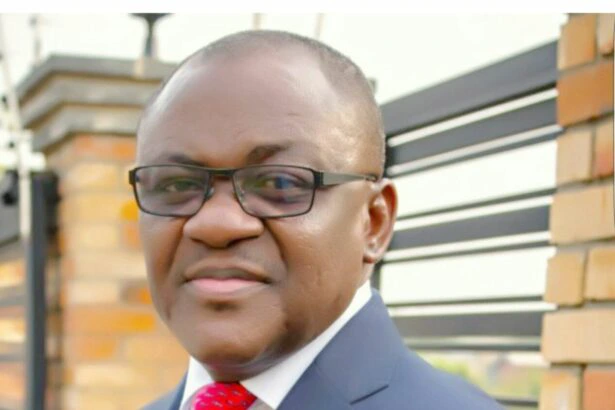According to a report by TV3 on Sunday, 18th May, 2025, the Acting CEO of the Fair Wages and Salaries Commission (FWSC), Dr. George Smith-Graham, has suggested that Ghana should start using an hourly wage system for workers.
According to a report by TV3 on Sunday, 18th May, 2025, the Acting CEO of the Fair Wages and Salaries Commission (FWSC), Dr. George Smith-Graham, has suggested that Ghana should start using an hourly wage system for workers.
He believes this would help casual and low-income workers earn fairer pay. This has generated a lot of reactions from Ghanaians with many reacting happily about this idea.
Dr. Smith-Graham made this suggestion during a visit from the Parliamentary Committee on Employment, Labour Relations, and Pensions. The committee visited three important institutions: the FWSC, the National Pensions Regulatory Authority (NPRA), and the Management Development and Productivity Institute (MDPI).
According to Dr. Smith-Graham, paying workers based on the number of hours they work will bring more fairness to the salary system. He said this will especially help people who work as casual workers and are often not paid well. He also said that introducing an hourly wage could help organize the informal job sector and bring more transparency to how salaries are calculated. It will also make it easier for workers to get social protection like pensions and health insurance.
He added, “If we begin to look at an hourly wage structure, it will allow casual workers to be better compensated for their time and could help reduce income inequalities in the labour market.”
During the same visit, the Chief Executive Officer of the NPRA, Mr. Chris Boadi-Mensah, also made an important proposal. He said Ghana should increase the retirement age from 60 to 65 years. He believes this will help protect the pension system for the future. According to him, if changes are not made, the pension system could face financial problems, and people might not get their full retirement benefits later.
This visit and the suggestions made show that Ghana’s leaders are thinking about how to improve workers’ lives, especially those who are not well-paid or do not have secure jobs.
Here are some reactions from Ghanaians











